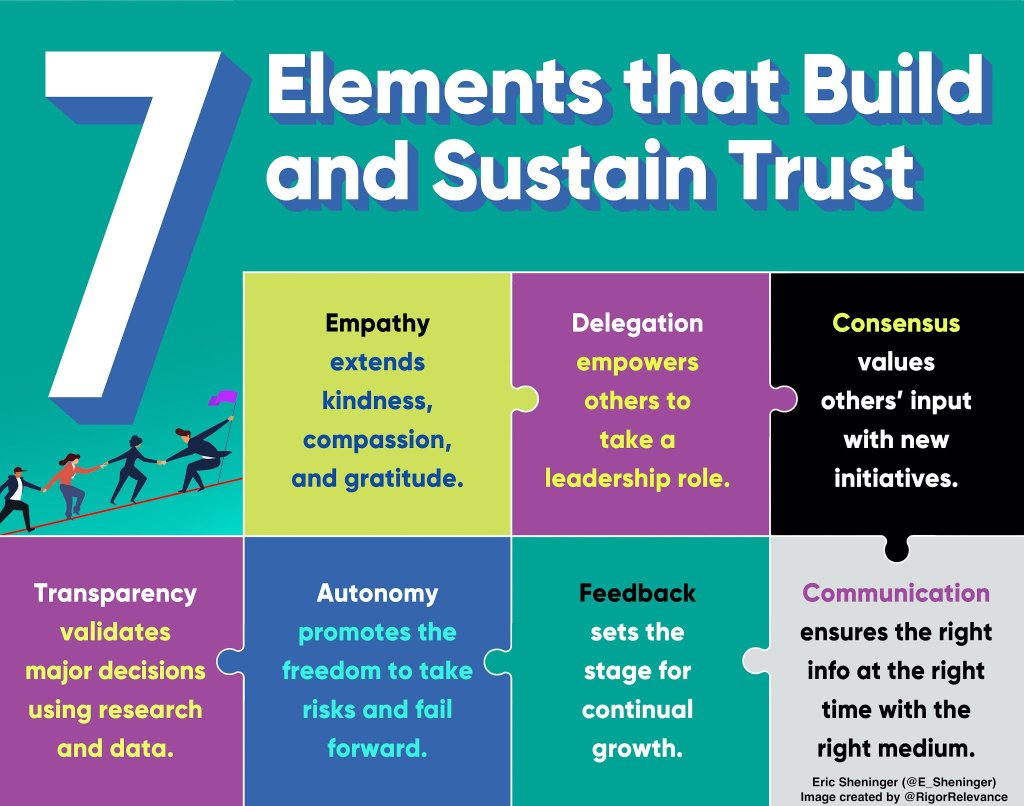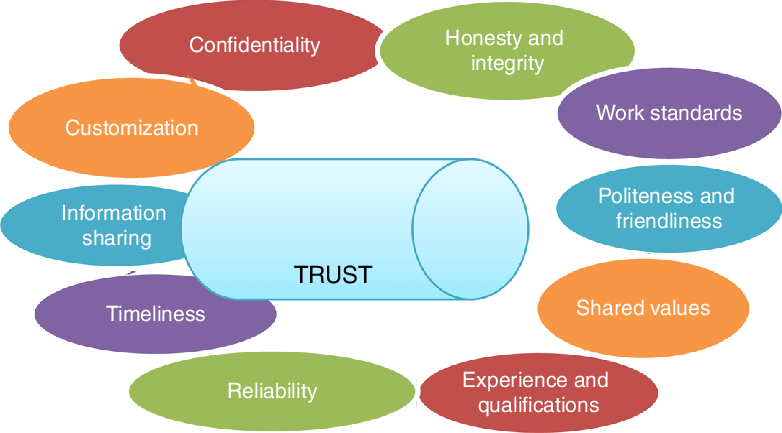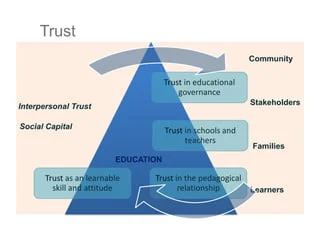Nivedita Mukerjee
Education consultancy for parents and schools
3-2-1 TUESDAYS WITH MS NIV

Issue #207, 25th June 2024
How do you measure up on the trust of your students/children – teachers and parents? Have a go at these.
- Does my teacher genuinely care about my learning and success?
- Will my teacher treat me fairly and respectfully?
- Is my teacher knowledgeable and competent in the subject they’re teaching?
These questions address fundamental aspects of the student-teacher relationship: care, fairness, and competence.
- Will my parents consistently be there for me when I need them?
- Can I be honest with my parents without fear of harsh judgment or punishment?
- Do my parents truly love and accept me for who I am?
These questions address core aspects of the parent-child relationship: reliability, safety in communication, and unconditional love. They reflect a child’s need for security, openness, and acceptance in their relationship with their parents.
This is a free-to-subscribe newsletter. So, if you like my content, please subscribe to it by putting in your email ID here.
Three images of the week



Two Thoughts of the Week
“Parental trust is extremely important in the guidance of adolescent children as they get further and further away from the direct supervision of their parents and teachers. I don’t mean that trust without clear guidance is enough, but guidance without trust is worthless.”
– Benjamin Spock
The greatest sign of success for a teacher…is to be able to say, “The children are now working as if I did not exist.”
Maria Montessori
One Video of the Week
Trust is the foundation for everything we do. But what do we do when it’s broken? In an eye-opening talk, Harvard Business School professor Frances Frei gives a crash course in trust: how to build it, maintain it and rebuild it — something she worked on during a recent stint at Uber. “If we can learn to trust one another more, we can have unprecedented human progress,” Frei says.
Reading with Ms. Meenu: Tip of the week
Reading with Ms. Meenu
Continuing from last week let’s understand how to create a joyful classroom community. Here is our third strategy for this week.
Teach Literary Language:
Characters: The people, animals or other talking objects in a story.
Conflict/Problem: The struggle between the character and him or herself, a character and another character, a character and nature, or a character and their community/world.
Illustrations: The pictures the illustrator created.
Lessons, Moral, Big Idea: The messages that we get from a story and can use in our own lives.
Perspectives: Looking at something in a different way.
Point of view: The author’s choice of narrator(s) or who is telling you the story.
Resolution: When the conflict is over.
Text: The words the author wrote.
Text Clues: Hints that an author gives you about what is happening in the text using his or her words.
These are the best literacy strategies we can always use in our teaching/learning routine.
Happy Reading!
Meenu Gera
Consulting home and school librarian and reading guide.
Student career counseling: Opportunities and approaches
Student X had only six hours to choose between architecture and psychology. I explained the process, which starts with a career assessment followed by a career counseling session. However, her parents suggested skipping the career assessment. The one-hour career counseling session focused on understanding her personality, interests, dreams, desires, strengths, and weaknesses. I provided her with frameworks to think boldly and express her thoughts clearly. Additionally, I showed her a sample career report to illustrate how we can capture her inner traits and map out suitable career options.
The session concluded with the decision that she would take the career test, and both of us would reflect on the discussion and make the final decision in the morning. Student X is an extremely hardworking individual with a deep hunger for learning. She had given both NEET and NATA exams and her NEET score indicated that she should drop medicine as a career choice. She is also a kinesthetic learner. In the morning, she made the final decision to pursue architecture. She will start her course in August at the Gopalan School of Architecture and Planning, Bangalore, India.
Case study provided by: Fermata Career Solutions, www.fermataco.comDear reader,
I have been a research scientist, a journalist, and an educator for over 3 decades. I read and, I write. With this weekly newsletter, I share what I read, learn, and, experience. At the same time, I engage with students, parents, and teams of teachers across K-12 schools, higher education institutions, and ed-tech organizations.
3-2-1 Tuesdays with Ms. Niv is a newsletter you can subscribe to and enjoy your learning journey with me.
And Finally…
